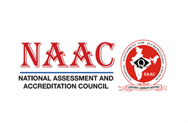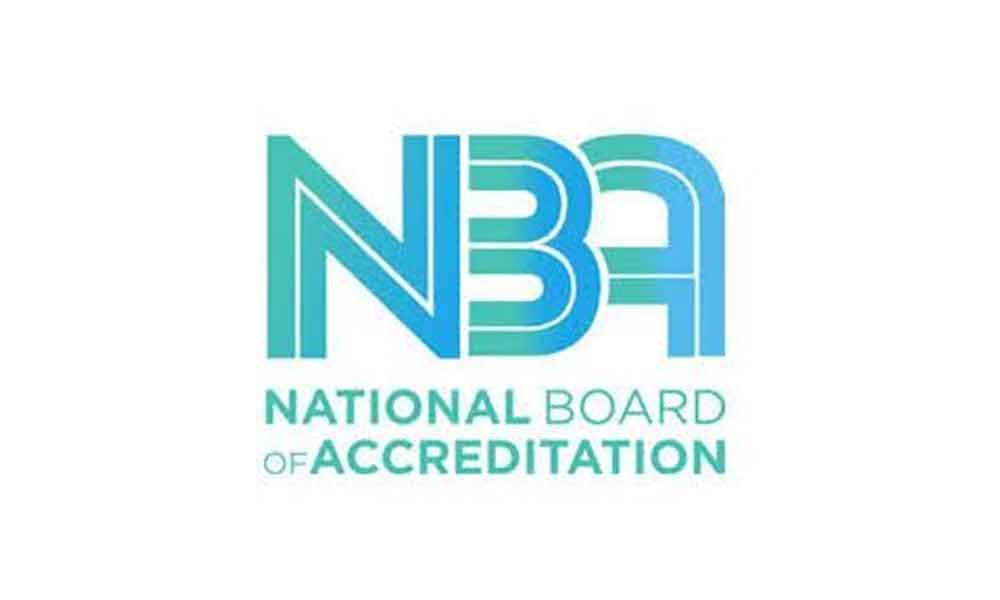Revolutionizing Education with ICT enables tools for Teaching-Learning
In the digital age, Information and Communication Technology (ICT) has transformed the education landscape, redefined teaching and learning methods. ICT-enabled facilities play a pivotal role in enhancing the educational experience, offering many tools and resources that empower educators and learners alike. These facilities encompass diverse technologies, software, and platforms that revolutionize the traditional classroom setting.
The key ICT facilities available on campus are:
- Interactive Whiteboards and Smartboards:
Interactive whiteboards facilitate dynamic, multimedia-rich lessons. These boards enable teachers to display content from computers, tablets, or other devices, fostering interactive learning experiences. Smartboards allow annotation, video playback, and real-time interaction, engaging students and improving retention.
- Online Learning Management Systems (LMS):
LMS platforms provide a centralized hub for course materials, assignments, assessments, and communication. They offer flexibility in accessing resources, facilitating blended learning, and enabling asynchronous learning opportunities for students.
- E-Libraries and Digital Resources:
Digital libraries offer extensive collections of books, journals, and educational resources accessible online. These platforms allow students to access a wealth of information anytime, anywhere, fostering independent research and self-directed learning.
- Collaborative Tools and Communication Platforms:
ICT facilitates collaboration through tools like video conferencing, discussion forums, and collaborative documents. These platforms enable real-time interaction among students and teachers, fostering teamwork, discussions, and knowledge sharing beyond physical boundaries.
- Simulations and Virtual Laboratories:
ICT offers simulated environments and virtual labs for subjects like science, engineering, and medicine. These tools allow students to conduct experiments, make observations, and practice skills in a risk-free, immersive setting.
- Mobile Learning Applications:
Mobile apps facilitate on-the-go learning, allowing access to educational content via smartphones or tablets. These apps offer convenience, enabling continuous learning beyond the confines of the classroom.
Benefits of ICT-Enabled Facilities for Teaching and Learning:
Enhanced Engagement: Interactive and multimedia elements in ICT engage students, making learning more enjoyable and effective.
Accessibility and Inclusivity: ICT enables access to education for diverse learners, including those with disabilities or geographical limitations.
Customized Learning Experiences: Adaptive technologies cater to individual learning styles and pace, promoting personalized education.
Global Connectivity: ICT connects students worldwide, fostering cultural exchange and collaborative learning experiences.
Teacher Empowerment: ICT equips educators with innovative tools to create dynamic, impactful lessons and assess student progress effectively.


